
South Africa’s banking sector has grown steadily, offering diverse options through major and smaller banks. Advances like online and mobile banking have enhanced convenience, but choosing the right bank remains challenging. Hidden fees and complex terms make it hard for customers to identify the best accounts and services for their needs.
Key Takeaways
- Evaluate Your Banking Needs and Options: Consider your financial goals, transaction habits, and preferences for features like online banking, rewards programmes, or low service fees. Align your choice with what best suits your lifestyle or business requirements.
- Understand Banking Costs and Features: Compare banking fees, pricing models (pay-as-you-use vs bundled plans), and transaction limits to ensure affordability. Pay attention to hidden costs and evaluate whether the account benefits match your usage patterns.
- Prioritise Convenience and Security: Assess the bank’s digital capabilities, such as mobile banking and online services, alongside physical access to branches and ATMs. Ensure robust security features like two-factor authentication for peace of mind.
About Arcadia Finance
Arcadia Finance makes securing your loan effortless. With no application fees and access to 19 trusted lenders fully accredited by South Africa’s National Credit Regulator, enjoy a seamless process and personalized financial solutions.
Factors to Consider When Choosing a New Bank
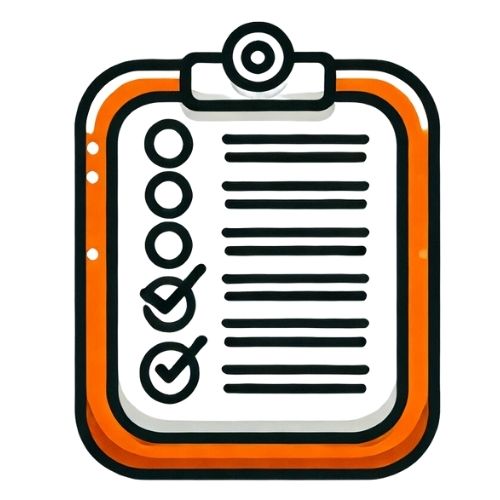
Assess Your Needs
Selecting a bank should align with your financial goals and daily requirements. To make an informed decision, take time to evaluate what you want from your banking experience. Consider whether convenience through advanced online or mobile banking features is a priority, or if you value rewards programmes that complement your daily spending habits. Think about whether benefits such as travel discounts or rewards hold significant value for you. Assess your need for diverse payment methods to ensure flexibility in your transactions.
You may also want to focus on finding the lowest possible fees to minimise costs or consider options that maximise your savings through competitive interest rates. Excellent customer service could be a top priority for you, especially if personalised support matters most. For those with irregular income, avoiding monthly fees might be essential. Finally, reflect on whether experimenting with investment options offered by the bank aligns with your financial ambitions.
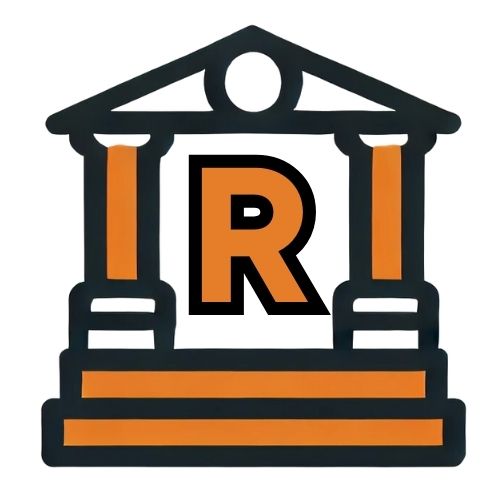
Consider Banking Fees and Rates
Banks provide services for a cost, typically referred to as “bank charges” or “service fees.” The fees vary based on the type of account, the services used, and the frequency or method of transactions.
Generally, two main pricing models exist: pay-as-you-use (PAYU) and bundled plans.
- Pay-As-You-Use Accounts: These accounts often have low or no monthly fees, making them suitable for customers with minimal transaction needs. However, if the volume or value of your transactions increases, costs can add up significantly.
- Bundled Plans: These accounts include a fixed monthly fee that covers a set number of services and transactions. While convenient for those with higher transaction volumes, exceeding the included limits may lead to additional charges.
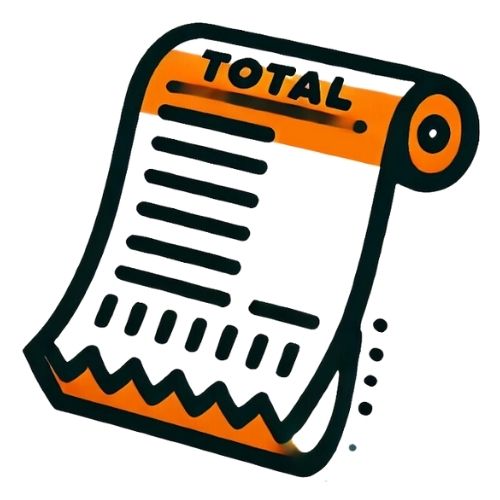
The Price and Volume of Transactions
One of the most critical considerations when choosing a bank is how often you intend to use your account and the typical value of your transactions. Understanding these factors helps determine the most suitable account for your needs. Once you have clarity on this, you can compare banks to identify which one aligns with your transaction patterns.
Some banks offer accounts that include a limited number of free transactions per month, either by category or monetary value. For example, you might receive two free transactions in a specific category or free cash withdrawals up to R3000. Evaluating these limits is essential to finding an account that matches your usage.
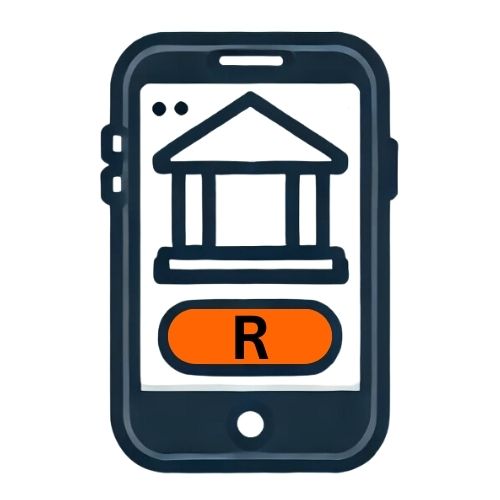
Banking Technology
Modern banking is no longer just about financial transactions; it has transformed into a comprehensive lifestyle service. Digital banking technology has enabled banks to provide highly convenient and user-friendly platforms, offering features that can feel almost personalised. If technology plays an important role in your banking preferences, it is crucial to assess whether the bank provides comprehensive online and mobile banking solutions to meet your expectations.
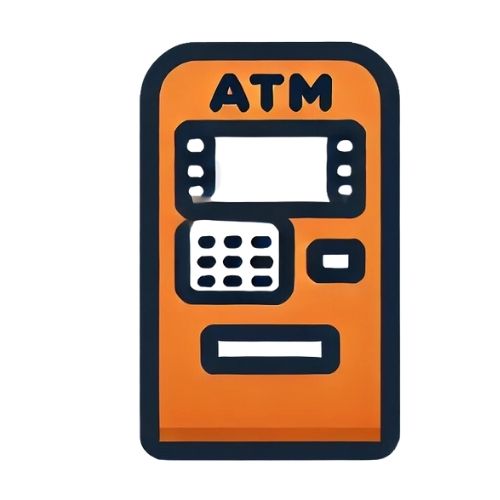
Location of ATMs and Branches
While some individuals prioritise digital services, others require reliable access to in-person banking or frequent cash withdrawals across various locations. If this applies to you, it is worth considering the number and distribution of a bank’s ATMs and physical branches. Availability in convenient locations ensures your banking needs can be met without unnecessary delays or travel.

Rewards and Incentives
The choice of a bank can sometimes come down to the rewards it offers. Banks often provide incentives such as cashback or discounts to attract customers. Some programmes reward spending at particular retailers, while others let you accumulate points for everyday transactions. These points can often be redeemed for cash, airtime, discounts on account fees, or purchases from participating partners.
To maximise value, it is important to select a rewards programme that aligns with your spending patterns and personal goals, ensuring you get the most out of the benefits offered.
If saving money tax-free is a priority for you, ensure your chosen bank offers the best options for tax-free savings accounts. These accounts can significantly impact your long-term financial goals. For an in-depth comparison, check out Best Tax-Free Savings Account in South Africa.
Choosing an Established and Reliable Bank
Selecting a well-established bank can offer greater peace of mind, as these institutions are typically more stable and less prone to financial difficulties. In contrast, newer banks, while often advertising attractive offers, may carry the risk of insolvency, which could disrupt your financial activities. Banks that specialise in business banking often deliver tailored services and benefits that align more closely with the needs of business owners, making them a preferable choice over those primarily focused on personal banking.
It is important to compare banks based on their pricing structures, service packages, and additional features. Rather than defaulting to the bank you use for personal banking, take the time to explore alternative options. Visiting branches can be an effective way to evaluate the quality of customer service and determine whether the staff are both knowledgeable and supportive. After thoroughly considering the available options and visiting potential banks, carefully assess factors such as cost-effectiveness, professionalism, customer support, and overall convenience before making a final decision.

Comparing South African Banks
| Bank Name | Specialisation | Customer Service Quality | Stability and Reliability | Fee Structure | Additional Benefits |
|---|---|---|---|---|---|
| Standard Bank | Comprehensive services | High | High | Competitive | Extensive branch and ATM network; diverse product offerings. |
| First National Bank (FNB) | Innovative banking solutions | High | High | Competitive | Advanced online banking platforms; rewards programmes. |
| Absa Bank | Retail and business banking | Moderate | High | Competitive | Wide range of financial products; extensive branch network. |
| Nedbank | Corporate and retail banking | Moderate | High | Competitive | Focus on sustainable banking practices; comprehensive service offerings. |
| Capitec Bank | Retail banking | Moderate | High | Low | Simplified banking solutions; low-cost fee structures. |
| TymeBank | Digital banking | Moderate | Moderate | Low | Fully digital platform; no monthly fees; competitive interest rates. |
Bank fees can eat into your savings over time. Selecting a bank with transparent fee structures and low charges is essential. To better understand how fees are charged and ways to avoid them, read How to Avoid Bank Fees in South Africa: Why They’re Charged and How.

Choosing the Right Bank Account
When deciding on a bank, it is essential to consider the specific type of account you need. Banks offer a variety of personal and business accounts, each tailored to meet different needs and objectives. Understanding these options will help you make an informed decision.
Business Accounts
Business accounts come in several types, designed to suit different business structures. The account type you select will depend on your company’s organisational setup. Additionally, different business types often require specific documentation to open an account.
The most practical approach is to contact multiple banks, request detailed information about their business account offerings, and obtain a comprehensive list of the necessary requirements. This will help you choose an account that aligns with your business needs.
Personal Accounts
Personal accounts, such as current and savings accounts, are generally more straightforward than corporate accounts. These accounts are designed for individual use but can still feel overwhelming if you are unsure of what you require.
Most banks offer a selection of personal accounts with varying features and costs. For instance, some may provide basic debit accounts, while others might include premium plans like the FNB Gold Cheque Account.
Consider how you intend to use your account on a day-to-day basis to narrow down your options. Visiting a branch and consulting with a banking advisor in person is often helpful, though you can also compare account features online for convenience.
How to Switch Banks in South Africa
Switching banks can feel like a daunting task, but with proper planning, the process can be straightforward and manageable. Below are practical steps to guide you through changing banks while ensuring your financial activities remain uninterrupted.
1. Identify Your New Bank and Account
Before you begin the switching process, research and choose the bank and account type that best suits your financial needs. Consider factors like fees, account benefits, rewards programmes, and customer service quality. Open the new account and ensure it is fully operational before closing your old account.
2. Review Your Current Account
Carefully review your current bank account to identify all active debit orders, scheduled payments, and linked services. Make a list of these to ensure nothing is overlooked during the transition.
3. Inform Your Employer and Update Income Details
Notify your employer about your new bank account details to ensure your salary is deposited into the correct account. Provide them with any required documentation, such as a letter from your new bank confirming the account.
4. Transfer Debit Orders and Scheduled Payments
Update your debit orders with service providers such as insurance companies, utilities, and subscription services. Some banks in South Africa offer a debit order switching service, which can simplify this process by contacting providers on your behalf. Double-check that all changes are confirmed to avoid missed payments.
5. Update Linked Payment Details
For online purchases or recurring payments linked to your old account, update your new bank card details. This includes platforms such as streaming services, e-commerce sites, and app subscriptions.
6. Monitor the Transition Period
Keep your old account open for at least one month after transferring all transactions to ensure nothing is missed. During this time, check both accounts regularly to confirm that payments and deposits are processed correctly.
7. Close Your Old Account
Once you are confident that all transactions have been moved to the new account, request the closure of your old account. Visit your branch or use the bank’s official channels to complete the process. Ensure any remaining funds are transferred to your new account.
8. Keep Records
Retain all documents related to the switching process, such as confirmation letters and updated debit order agreements. These records will be useful if any issues arise during or after the transition.
Conclusion
Choosing the right bank in South Africa involves carefully evaluating your financial needs, comparing fees and services, and assessing the available banking technology. Whether you prioritise convenience, affordability, or specific benefits such as rewards programmes or competitive interest rates, it is essential to take the time to research and compare your options. With a range of major banks, smaller institutions, and digital banking platforms available, selecting a bank that aligns with your goals can lead to a more secure and efficient banking experience.
Frequently Asked Questions
You typically need a valid South African ID or passport, proof of residential address (such as a utility bill), and sometimes proof of income or employment, depending on the account type.
Pay-as-you-use accounts charge fees per transaction, making them suitable for low-volume users. Bundled accounts have a fixed monthly fee covering a set number of transactions, ideal for frequent account usage.
Yes, most banks offer a debit order switching service to help you transfer your debit orders to a new account. Ensure you verify that all updates are confirmed to avoid missed payments.
Digital-only banks often offer lower fees, higher interest rates on savings, and convenient online platforms. However, they lack physical branches, which might be a drawback for customers needing in-person services.
Most banks provide a fee schedule on their websites. Review these documents or request detailed pricing information from the bank to compare costs based on your transaction habits and account needs.
Fast, uncomplicated, and trustworthy loan comparisons
At Arcadia Finance, you can compare loan offers from multiple lenders with no obligation and free of charge. Get a clear overview of your options and choose the best deal for you.
Fill out our form today to easily compare interest rates from 19 banks and find the right loan for you.


